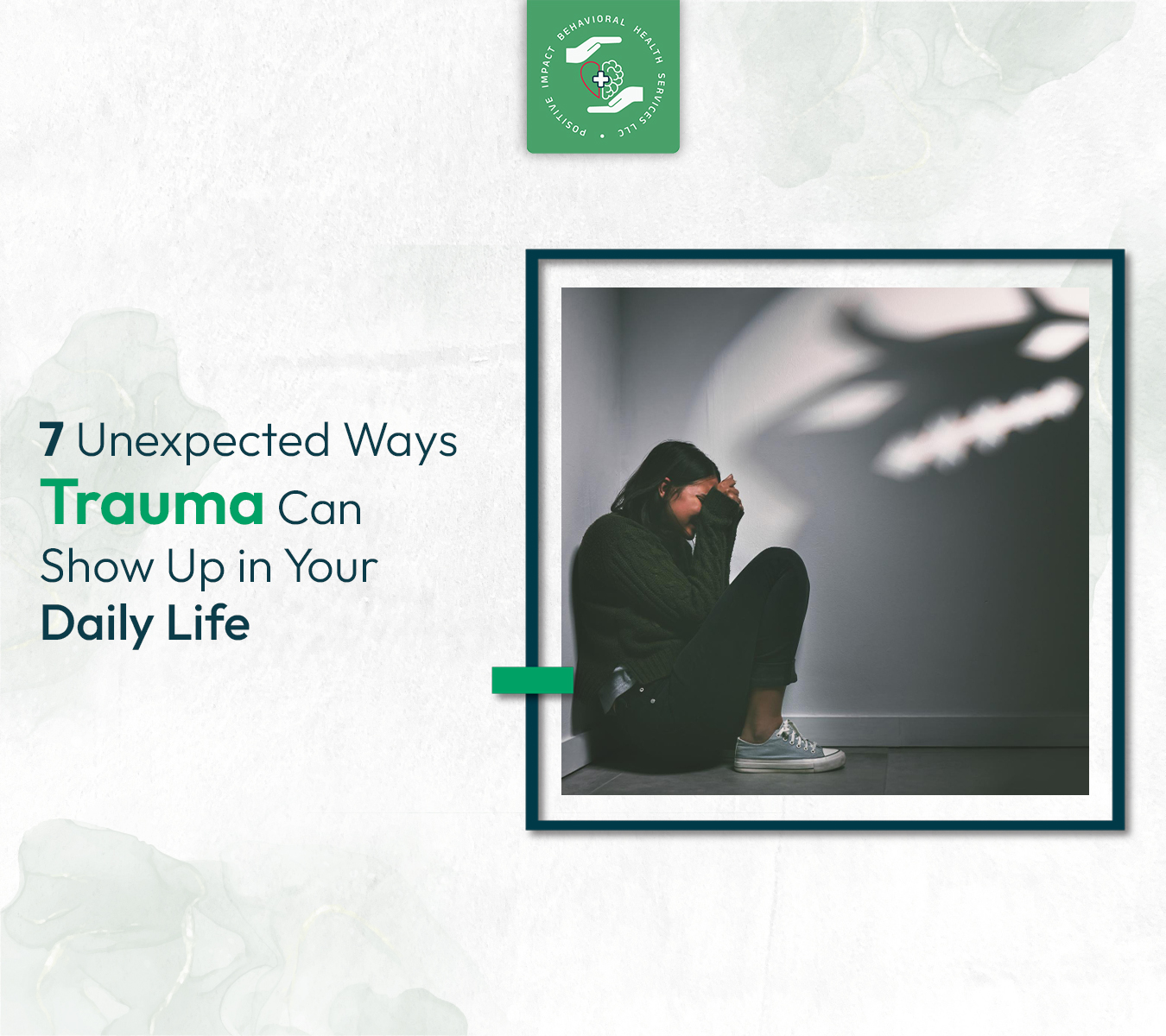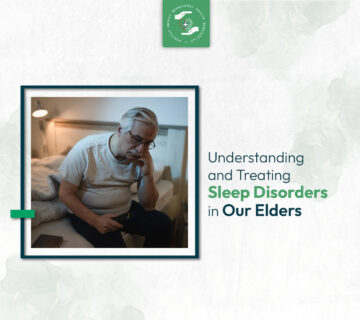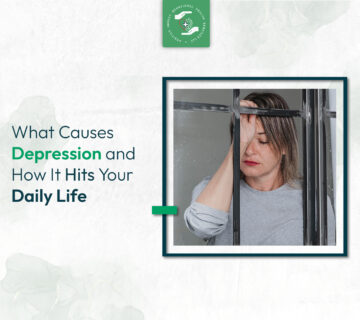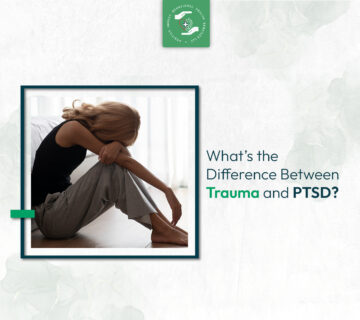Trauma can hide in small things. It can make life feel heavy. You might not notice it at first. We are Positive Impact Behavioral Health Services. We help people who have trauma and PTSD. We want to share seven ways trauma can show up.
1. Trouble Sleeping or Night Worries
You may wake up a lot at night. You might have bad dreams. Your body feels tense when you lie down. This is common after trauma. Sleep problems make the day hard. We help with plans to sleep better. Dr. Martins Akhibi can talk with you about gentle steps and medicine if needed.
2. Feeling Angry or Easy to Frighten
Small things can make you jump or feel angry fast. A loud noise may feel like danger. You may shout or want to leave. This is your body working to protect itself. We teach calm ways to help your body relax. You can learn to feel safer in small steps.
3. Trouble Trusting People
After hurt or fear, trusting others is hard. You may think people will leave or hurt you. This makes friends and help feel far away. Talking with a caring helper can slowly build trust. We give a safe place to talk and heal.
4. Hard Time Remembering or Focusing
Trauma can make it hard to pay attention. You may forget steps, names, or where you put things. School or work can feel tough. We help with simple tools to remember and focus. Small routines help a lot.
5. Body Pain Without a Known Cause
Sometimes the body hurts even when doctors find no strong reason. Your muscles may feel tight. Your head may hurt a lot. This can be from stress in your body. We look at both the body and mind. Gentle moves, rest, and talk care can reduce the pain.
6. Wanting To Be Alone or Not Wanting Fun
You may stop doing things you used to love. Friends may feel far away. You might feel empty or like nothing is fun. This is common with trauma. We help you find small steps back to play and joy. Even tiny things can help your heart feel better.
7. Feeling Numb or Like You Are Outside Your Body
You may feel like you are watching life, not living it. You can feel far from your feelings. This is a way your mind protects you from pain. We teach safe ways to come back to your body. You can learn to feel small, calm moments again.
How We Help You
We treat trauma with care. We are Positive Impact Behavioral Health Services. We help with many needs like depression, anxiety, and trauma. We use talk ways and medicine when it helps. We make a plan with you. We move at your speed.
Our team treats people of all ages. Dr. Martins Akhibi, DNP, APN, PMHNP BC, leads our care. He is a board-certified nurse practitioner. He listens with kindness. He mixes therapy and medicine when that is best. He learns the newest ways to help. He believes healing is a journey. We walk that journey with you.
Simple Steps You Can Try Today
- Breathe slowly for one minute when you feel scared.
- Make a small bedtime routine. Engage with a book or enjoy soft music.
- Tell one trusted person how you feel. It can be a friend or a helper.
- Move your body for five minutes. Walk, stretch, or clap your hands.
- Keep a small list of things that help you feel calm. Look at it when you need it.
When To Ask for Help
It is okay to ask for help. Ask if:
- You feel very sad a lot.
- You cannot do school or work.
- You feel like hurting yourself.
If you feel like hurting yourself now, please call local emergency help right away.
We Are Here for You
If you want help, we can listen. We treat trauma, PTSD, anxiety, depression, sleep problems, ADHD, psychosis, substance use, and more. We make plans that fit your life. We care about you as a person. We will guide you through each step.
To learn more, contact Positive Impact Behavioral Health Services. Dr. Martins Akhibi and our team are ready to support you. You do not have to do this alone. Small steps can make a big change.
FAQs
Q. Can I get medicine to help?
Sometimes medicine helps. Dr. Akhibi will talk with you and decide what is best.
Q. How do I get help from you?
You can call our office or visit our clinic. We will listen and make a simple plan that fits your life.




